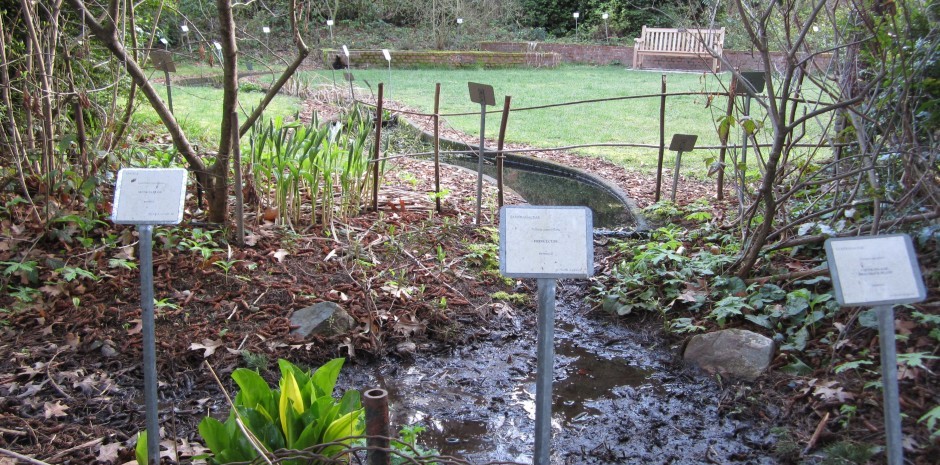The Medicinal Herb Garden is lucky to belong to an international seed exchange network. Many hundreds of botanic gardens around the world participate and each garden produces a catalog of its available seeds, called an Index Seminum. By agreement, all traded seeds and resulting plants are protected by the Convention on Biological Diversity (CBD) (Rio de Janeiro, 1992). No seeds, plants or their progeny are allowed to be used for commercial purposes.
Though the USA has, amazingly, not yet ratified the CBD, the Medicinal Herb Garden agrees with and abides by the CBD and hopes that some day our great country will join 196 other countries and ratify the nearly universally accepted convention. We stand isolated and seemingly unable to muster the will to cooperate with the world community for the good of all. Hmmmmm.

Examples of seed catalogs. Some gardens no longer offer their Index Seminum on paper. I hope to send all of ours by email soon but still send about half on paper.
I currently distribute about 300 indexes each year and receive requests for seeds from about 200 gardens. It’s a tough call, deciding whether to continue to offer seeds to gardens that never order seeds or send an index of their own. If a pattern persists for years, some gardens get dropped from the distribution list, but patience sometimes pays off. After years of inactivity, the Botanic Garden of Giza, Egypt started ordering seeds. When in doubt I keep sending our index. Living in a politically stable country, it’s easy to forget that situations beyond their control can keep botanic gardens from exchanging seeds. Because the distribution cost is negligible, especially with the increasing use of email, solidarity and mutual aid is my default position.
So, how does it work? The Medicinal Herb Garden, and most botanic gardens in the seed exchange network, have a limit of 20 seed packets per order. Some gardens have no limit. When I receive an order, I put small but adequate quantities of seeds in their respective coin envelopes, write the index number and species on the envelopes, wrap in bubble wrap to protect the seeds from overzealous postal employees, put all into a large manilla envelope with a customs form, address it and ship it off to some distant land … and hope for the best. There’s no official feedback loop. Some gardens list where they got the seeds that resulted in the plants that are now producing seeds for their index. I’ve seen the UW Medicinal Herb Garden listed as a seed source in some of these indexes. So some seeds are making their way to the intended gardens.

Desiderata page of the Index Seminum. Desiderata is the Latin name for something desired or essential. Seeds are both.
In most indexes there is a proviso, stating that all seeds from the botanic garden are the result of open pollination and could possibly produce hybrids. One way to hedge bets is to order seeds of species that are the only listed representatives of their genus in each index. But it’s always a gamble ordering seeds from botanic gardens. An exception is wild-collected seeds. Some gardens collect seeds from plants in situ, that is, natural populations of plants in their native habitat, as opposed to ex situ plants in botanic gardens. Seeds from these wild populations of plants are more likely to be the species listed, unless there is a nearby, closely related species with which they might cross.
It’s a joy to peruse seed catalogs; every gardener knows the pleasure. But ordering obscure, noncommercial seeds from faraway places, that is a rare and special joy. I hope, when the staff at other gardens receive the Index Seminum from the Medicinal Herb Garden, they feel the same excitement that I do when I receive theirs. Every year I try to mix it up, retiring a plant overrepresented in the seed index network and adding a few new plants.
For most if not all of us sharing these seeds, propagating new plants is an unending passion. I started Smilax glabra from seeds that took 5 years to germinate in an unheated quonset. It felt like a miracle when they finally arose from the soil. To all who carefully collect, clean and distribute seeds through their Index Seminum each year, thank you. All for one and one for all!
index seminum
in a dead language reborn
these seeds too go on
See you in the garden.

